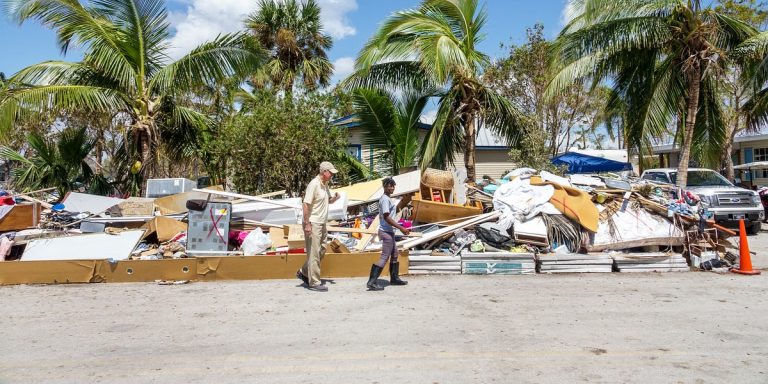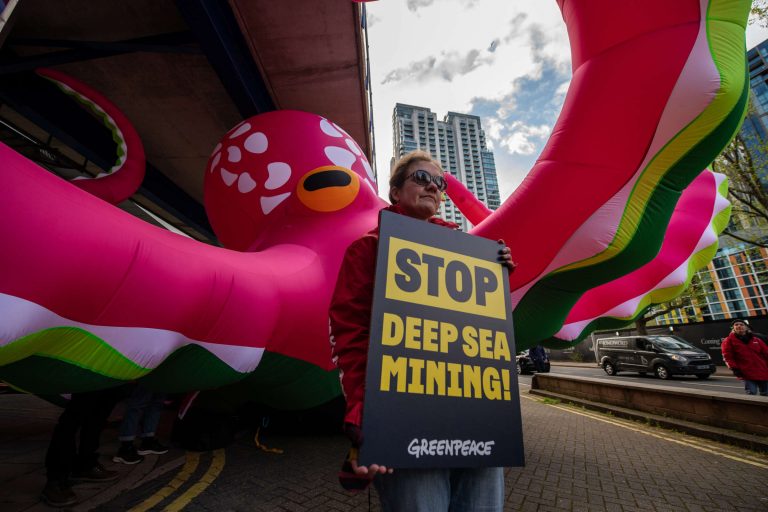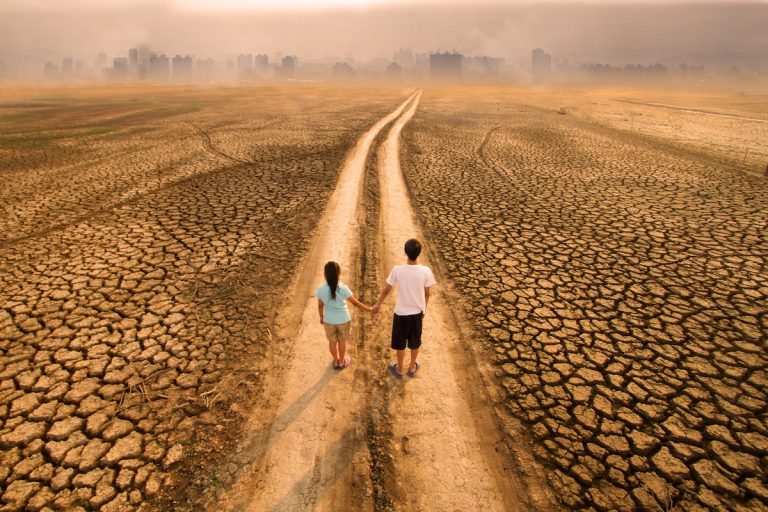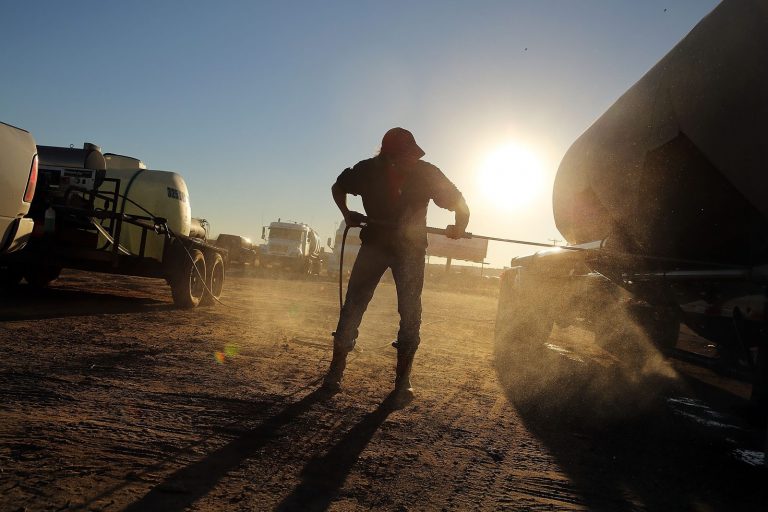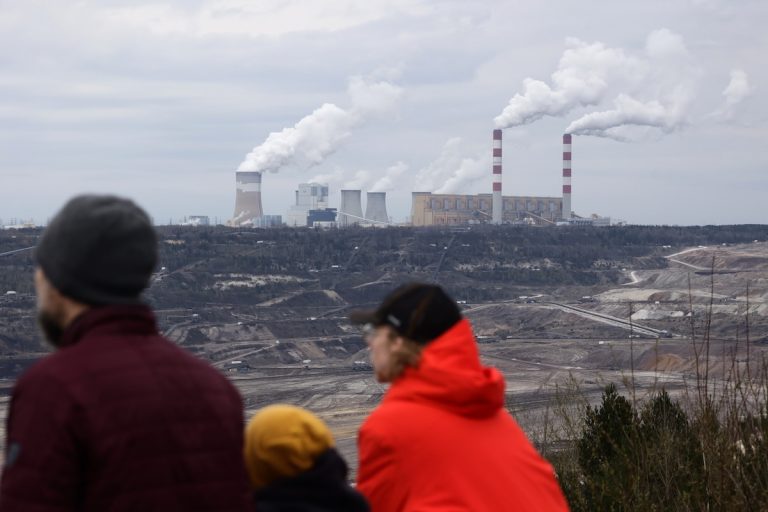World Court Says Polluter States Must Compensate Victims For Harms
A new ruling from the World Court provides climate activists new tools for demanding accountability.
On July 23, in a stunning 140 page advisory opinion, the International Court of Justice (ICJ, or World Court) held for the first time that there is a human right to a clean, healthy, and sustainable environment, and countries have a legal obligation to protect the climate from greenhouse gas emissions. The ICJ found that climate change poses “an existential problem of planetary proportions that imperils all forms of life and the very health of our planet.”


